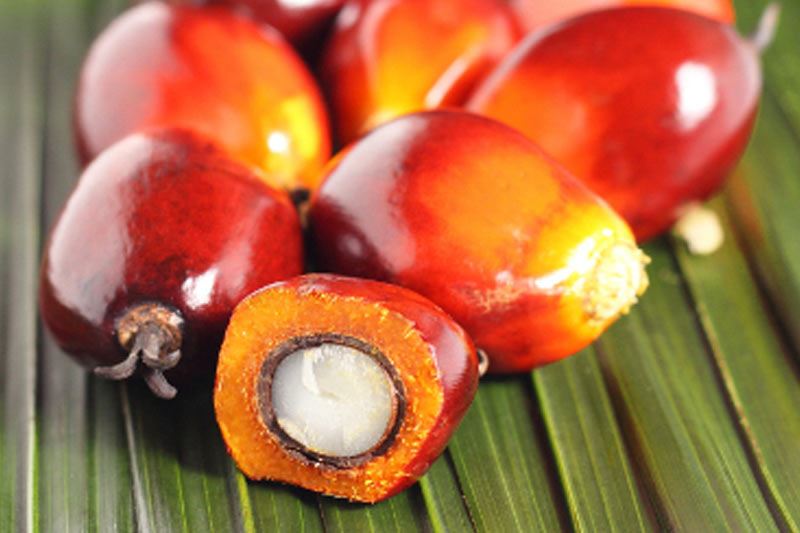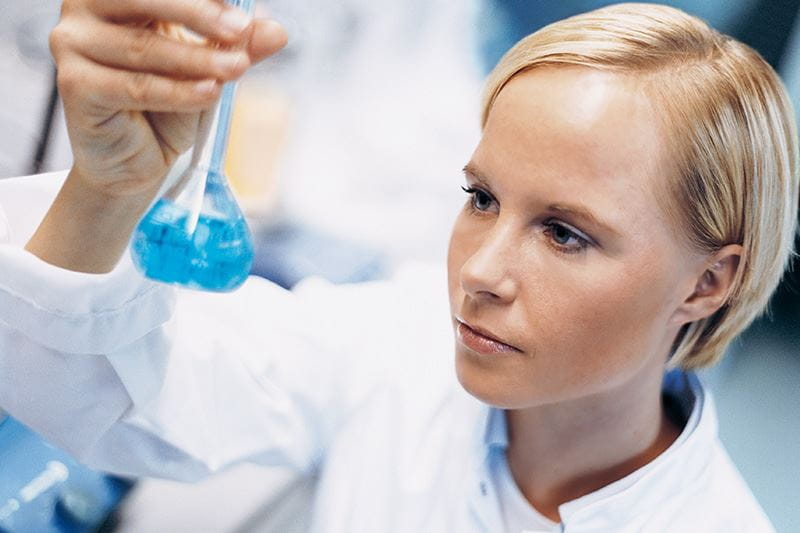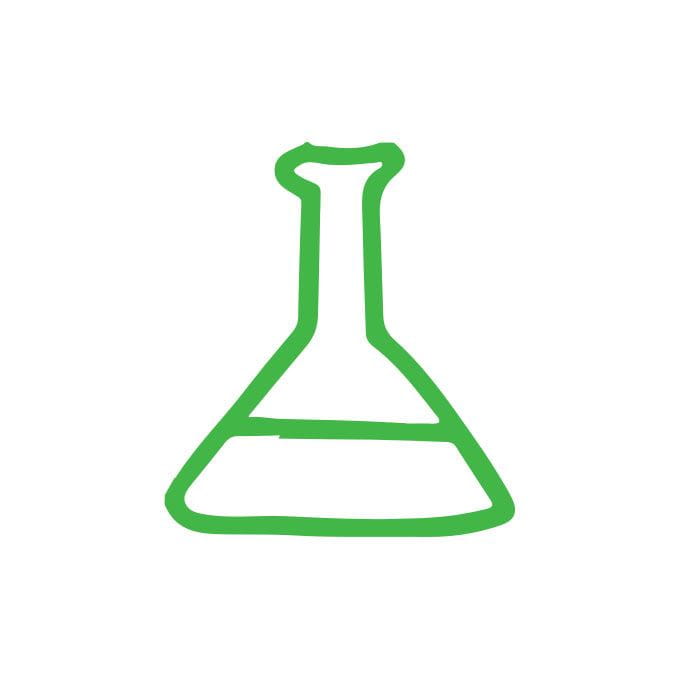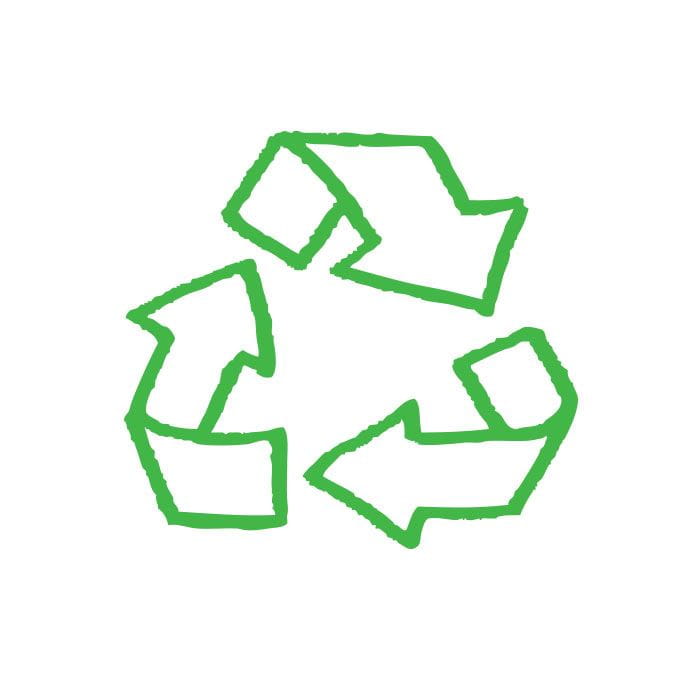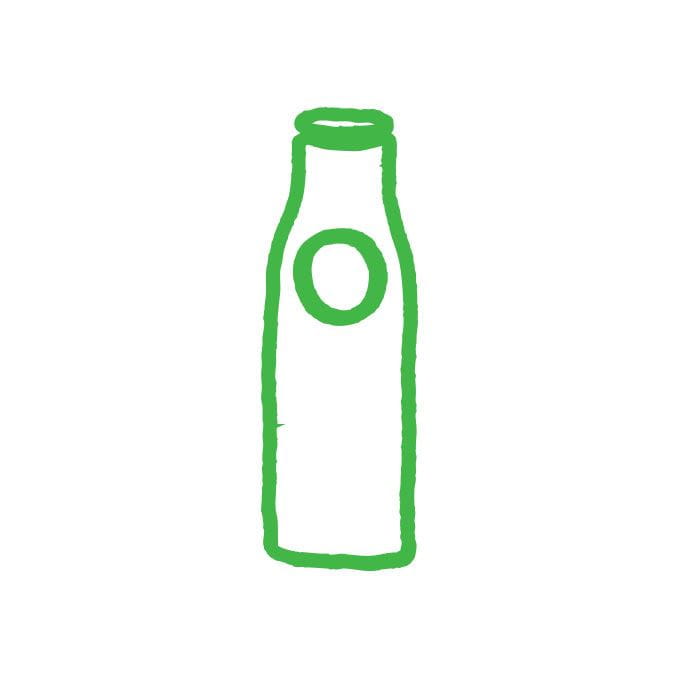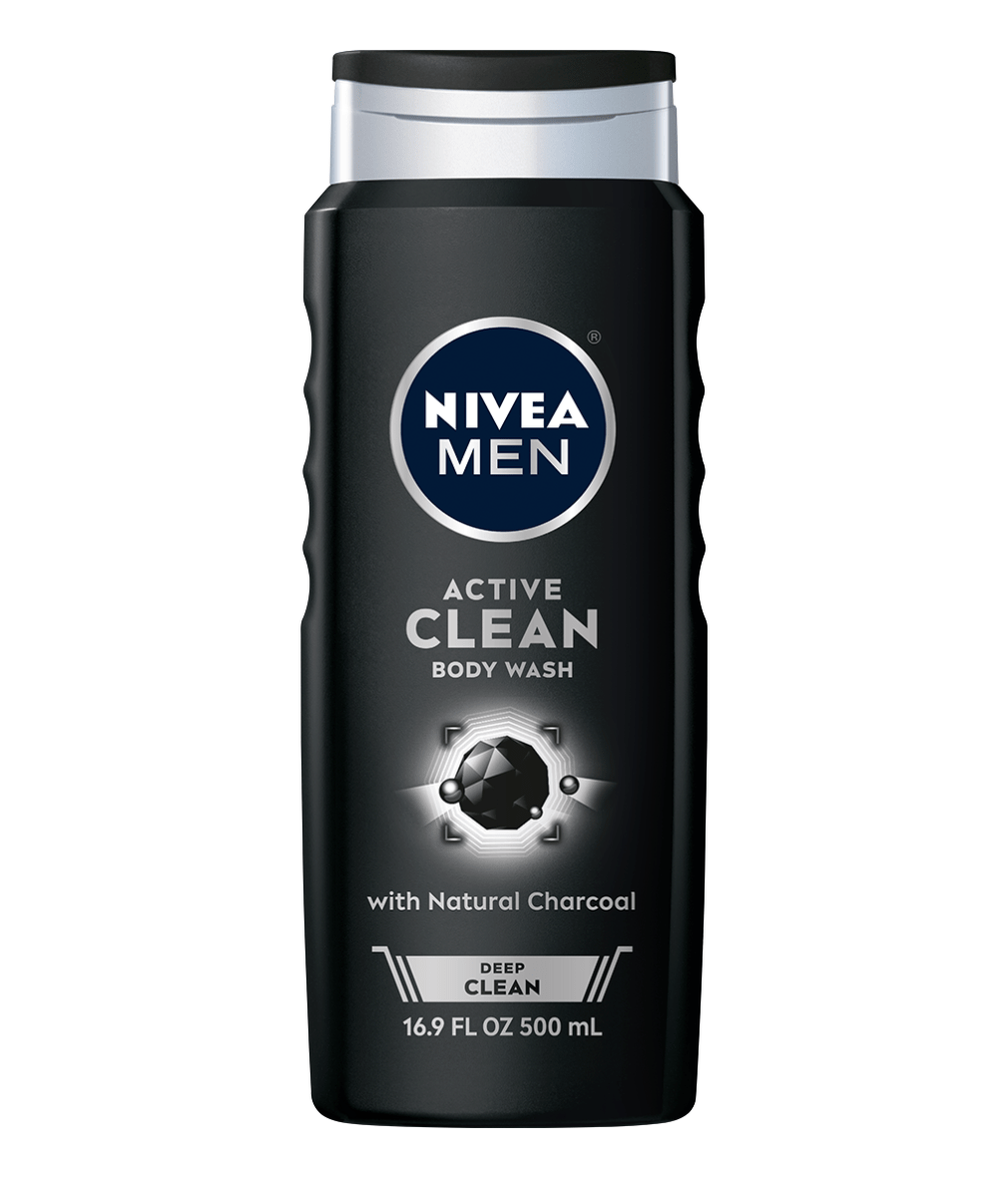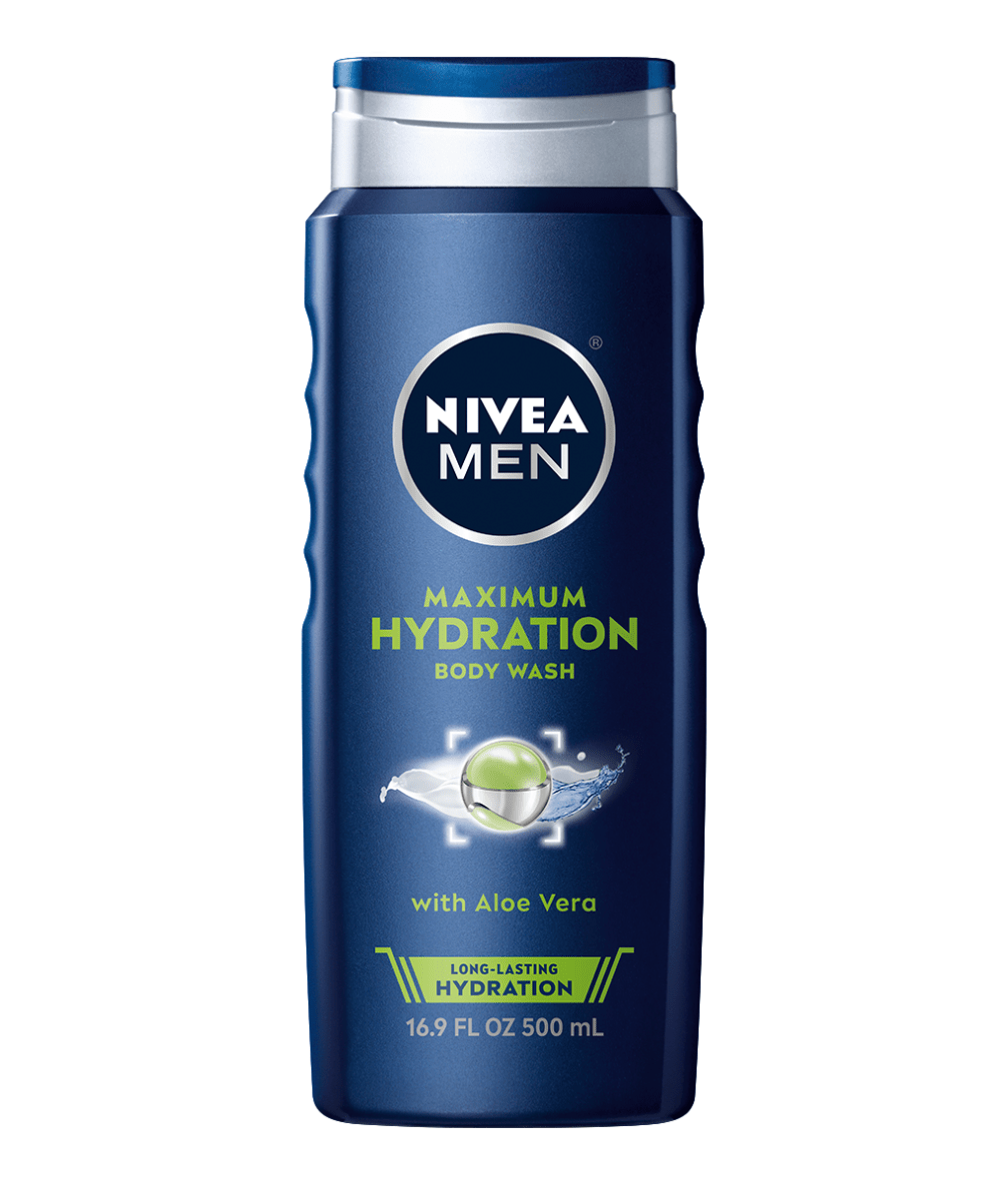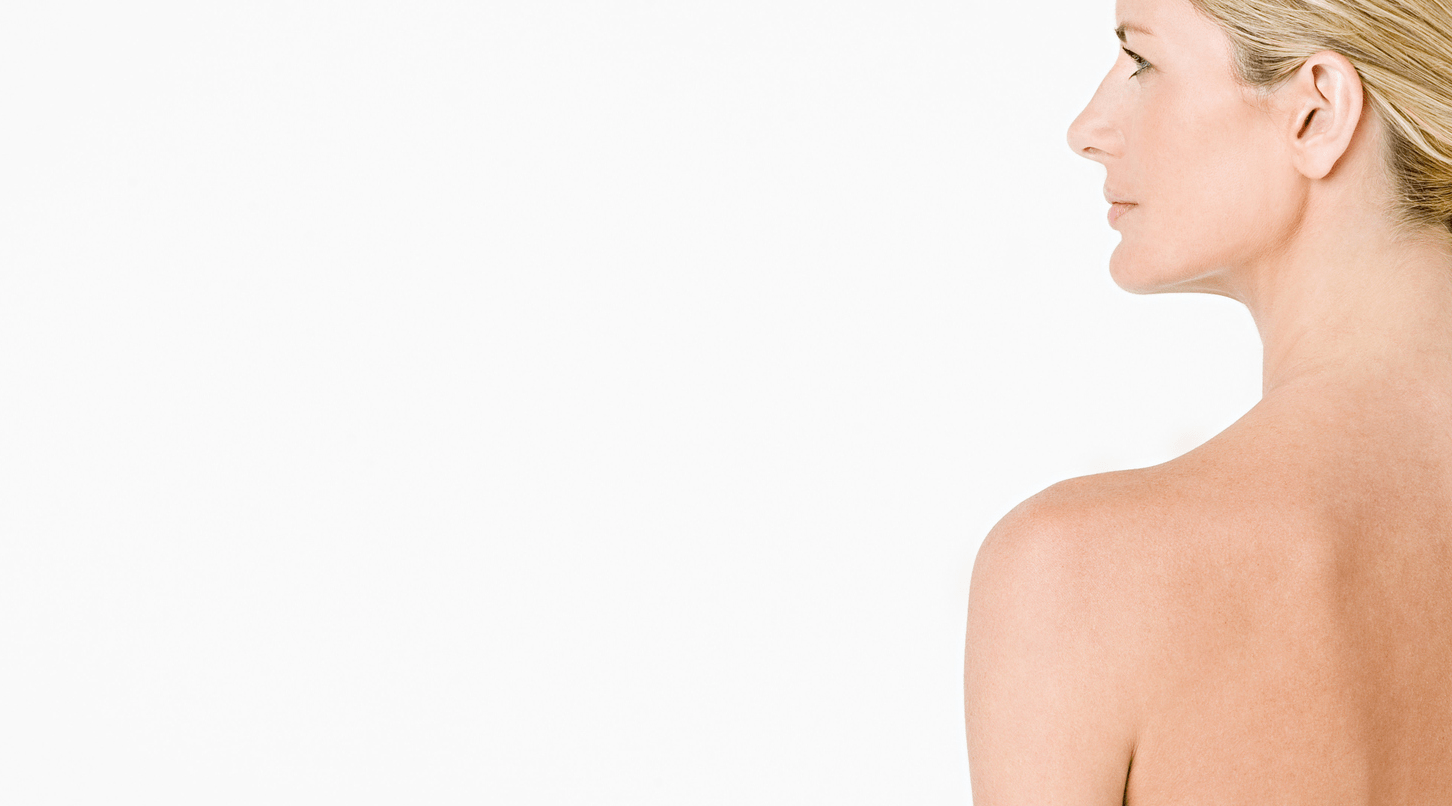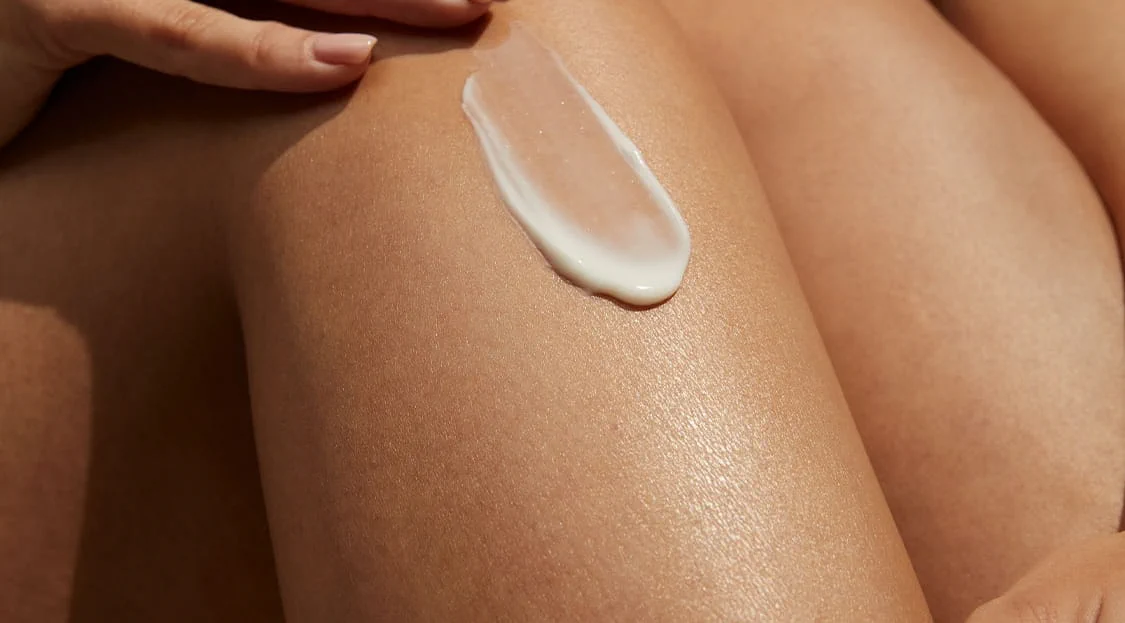
Environmental Responsibility
Our Approach to Sustainability
For us, “care” is more than just part of our business, it expresses our responsibility to people and the environment. We manufacture high-quality skin care products and have more than 100 years research expertise. Our efforts form part of Beiersdorf’s international sustainability strategy “We care”.
Making the most of Raw Materials
Some of the raw materials we use in our products are in limited supply and there is no guarantee that they will always be available. We support sustainable sourcing and are working to develop alternatives that meet our high-quality standards.
Alternatives to Animal Testing
Beiersdorf does not use animals to test cosmetic products. This has been our policy long before the directives regulating animal testing in cosmetics went into effect in the European Union in 2004. We are convinced that using animals to test cosmetic products in order to prove that they are safe and effective is not necessary.
Less waste, same quality
Regardless of whether the material is plastic, glass, metal, cardboard or paper, we're constantly working on reducing the amount of material we use. Wherever possible, we apply the sustainability criteria; avoid, reduce, reuse and recycle to all of our packaging innovations. Today, nearly 100% of our packaging materials are recyclable.
